The direct fallout of the Israeli strikes on Qatar to eliminate Hamas leaders and negotiators for Gaza and the US deep state’s complicity and political leadership’s double-speak and tongue-in-cheek stance has reinforced the utter unreliability of the US security cover once again for the countries in West Asia and North Africa, especially the Gulf Cooperation Council (GCC) countries.
With strikes in Doha, the vulnerability and futility of US dependence have been accentuated. The Qatari Prime Minister’s visit to the US and meeting with Trump and others, as well as an anodyne UN Security Council statement, led nowhere since they decided not to burn their boat with their major benefactor. Threats of future attacks are theoretical.
There has been shuttle and frantic diplomacy and frequent meetings among various regional stakeholders to craft a fitting response, including the Arab-Islamic Summit. Of course some countries like Iran and Turkey and even Pakistan were highly vocal against Israel due to their own geopolitical games. Turkey also has a base in Doha. But they failed to come up with any credible response except the strongest condemnation this time round as well since the US cast its lot once again fully with the Jewish state.
This was pretty evident during United States Secretary of State Marco Rubio’s visit to Jerusalem and the associated charm offensive from both sides. Israeli PM Benjamin Netanyahu, the master artist and politician, was able to justify his acts against Hamas, vowing to take out terrorists wherever they are. Under this garb, his campaign to take over Gaza goes on unabated. Netanyahu would have made this calculation and taken the gamble.
But then regional majors have decided to diversify their security mechanism, collaboration and deterrence by entering into security agreements at the GCC level, creating an Arab Nato kind of force or using the professional Jordanian army, which takes pride in being the Pan-Arab force. Qatari Amir Tamim bin Hamad Al Thani’s first visit to King Abdullah II of Jordan after the Israeli strikes is an indication. Calls for training their pilots and forces by Turkish and Pakistani trainers have been activated. Hosting US bases in their countries has proved to be a double jeopardy, and strikes by Houthis, Iranians and Israelis have woken them out of the stupor. Disenchantment with the US is at an all-time high even as they don’t want to burn their bridges.
Impact Shorts
More ShortsDependence on hundreds of billions of dollars of sophisticated and advanced weapons systems and equipment bought by rich Gulf countries from the US has a red line that these will not be used against Israel. They should have understood it but perhaps never thought that Netanyahu would strike them since their fears were situated against Iran and its proxies, which are a common cause with the US. But then complacence on national security is the biggest breach for any country, and West Asians are no exception. Israel suffered on October 7 too due to that.
Israeli strikes and the promise of more strikes, even against the US allies, and US behaviour thereafter have unnerved the Sheikhs. Choosing a security partner, without any caveat – their Islamic brother Pakistan – was natural despite its irreverent terrorist credentials. With Turkey and Iran, they do have intrinsic issues but will collaborate at least in a limited manner due to the ongoing rapprochement and confidence-building measures in the region. In any case, a new regional security architecture is being mooted.
China will be the gainer in this bargain, as more and more countries are looking to procure Chinese arms, missiles, equipment and aircraft, on which Pakistanis are also quite adept, having 81 per cent of their Chinese-origin inventory apart from the joint manufacturing of JF-17 fighter jets. China’s exports grew by 290 per cent to Saudi Arabia and by 77 per cent to the UAE between the 2012-2016 period and the 2017-2021 period, as per the Stockholm International Peace Research Institute (SIPRI). Even Turkish fighter jets and drones are being explored.
Islamabad and Rawalpindi have been well ensconced in the region for nearly six decades, especially in the military and security domain. Its nuclear bomb has been flagged and marketed as the ‘Islamic Bomb’ all along. It has made claims, even if rhetorical, rather often to use it against Israel in defence of its Arab and Iranian partners. The most recent was the loud statement that Pakistan will use its nuclear bomb if either of the holy mosques in Saudi Arabia is attacked or violated.
During the recent incidents, economically embattled Pakistanis were in overdrive to commiserate with Qataris and the Islamic world to respond firmly to the Zionist state. They found a good opportunity to re-establish their credentials with the Gulf and Arab states. Among the 57 Organisation of Islamic Countries (OIC) members, Pakistan is the sole Islamic nuclear power, and it plays that advantage to the hilt. It is ready to lead the charge and has reportedly dispatched 25,000 troops to be stationed along the Saudi-Yemen border as well as guard the holy mosques. A rentier state has found an opportunity to milk and feed on the security gaps in the region.
Hence, the signing of the Strategic Mutual Defence Agreement (SMDA) with Saudi Arabia is indeed a strategically important event as well as a concerning development. The SMDA outlines joint military cooperation, including coordinated defence strategies, intelligence sharing, and joint exercises to enhance preparedness. The Pakistani nuclear umbrella is also spread out. Others may follow in the same lines, especially Qatar, the UAE, and Jordan to begin with. And if the GCC-Pakistan defence agreement is signed, we should not be surprised.
One of the key objectives which underscores its importance and raises concern for India is that the pact “reflects the shared commitment of both nations to enhance their security and to achieve security and peace in the region and the world”. Further, “[It] aims to develop aspects of defence cooperation between the two countries and strengthen joint deterrence against any aggression.”
The joint statement implies that any aggression against either country shall be considered an aggression against both—thereby committing both sides to militarily respond against the adversary. This is a step up from the ongoing defence and military-to-military cooperation. Former Pakistani General Raheel Shareef has led the 27-country Sunni military alliance in the Yemen war. How it will play out in reality and how much deterrence it causes will have to be seen. “This agreement is a testament to our shared commitment to peace, stability, and mutual defence,” claimed Crown Prince Mohammed bin Salman.
Given the recent bonhomie with Pakistan and the inability to tame Netanyahu, we should not be surprised if it has happened with the connivance of the Americans, even though reportedly, they were told after the SDMA was signed during the visit of Pakistan’s Sharif. Incidentally, on the same day the Centcom Commander was in Saudi Arabia meeting the Defence Minister. The Pentagon and Rawalpindi have an old equation as well.
This has implications for India, which has assiduously built upon its strategic and comprehensive strategic partnerships with regional majors, including Saudi Arabia, for over a decade and a half, beginning with the ‘Riyadh Declaration’ in 2010. From Riyadh’s point of view, the threat is perceived from Tel Aviv and Tehran and non-state actors like the Houthis and Hezbollah. But for Pakistan the only challenge is Indian military superiority and its commitment to hit terror targets in Pakistan if any cross-border attacks happen on India again.
Post the Pahalgam terror attack, the Op-Sindoor continues unabated. This could complicate matters in realistic situations where India will have to play a more critical role, which could include urging Israelis to restrain from misadventures like Qatar strikes and urging Riyadh to prevail upon Rawalpindi to desist from indulging in cross-border terrorism against India to avoid triggering the defence pact. India also has defence cooperation arrangements and MoUs with several countries in the region.
Even though many details are confidential, the Saudis have vouched for their robust partnership with India, allaying its concerns. As mentioned by the Ministry of External Affairs spokesman, India will be studying the implications for its national security.
India must actively and clearly engage in more discussions with key partners in West Asia on important shared concerns.
The author is the former Indian Ambassador to Jordan, Libya and Malta and is currently a Distinguished Fellow with Vivekananda International Foundation. Views expressed in the above piece are personal and solely those of the author. They do not necessarily reflect Firstpost’s views.


)
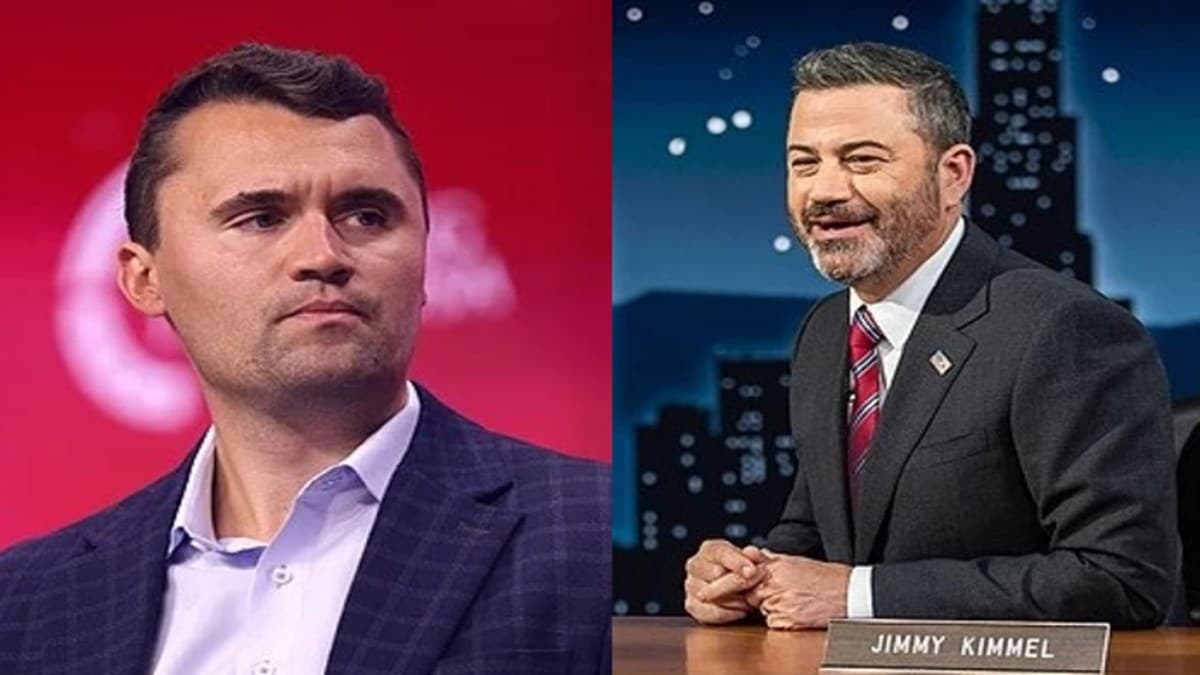
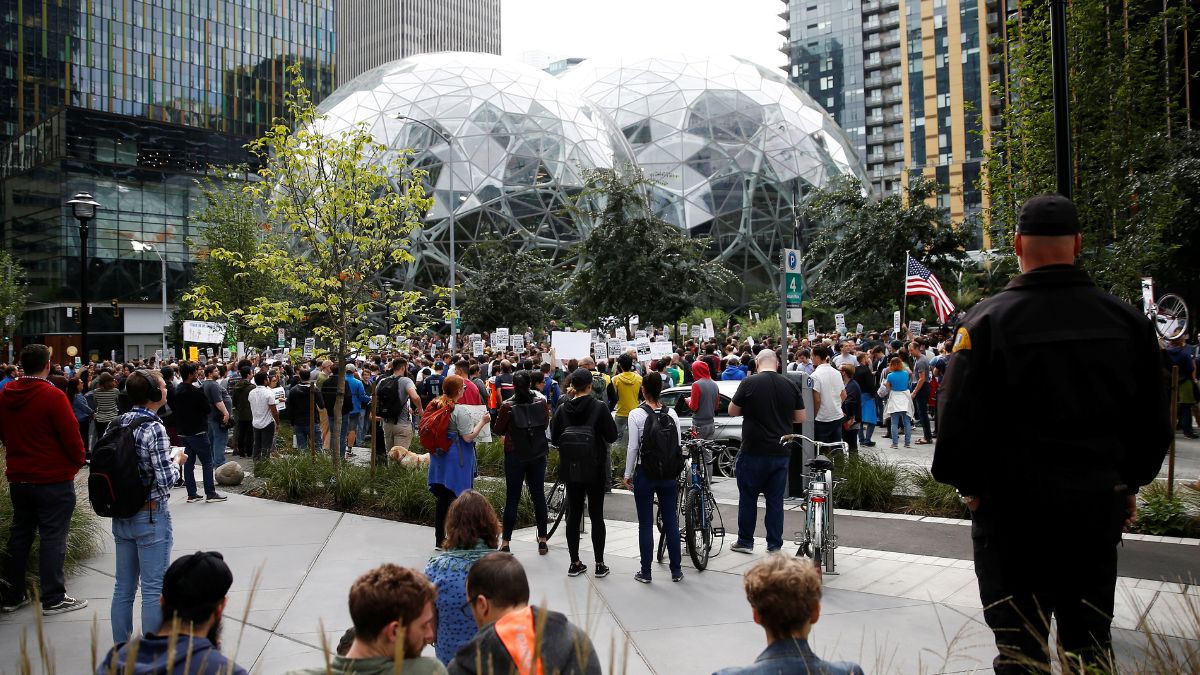)
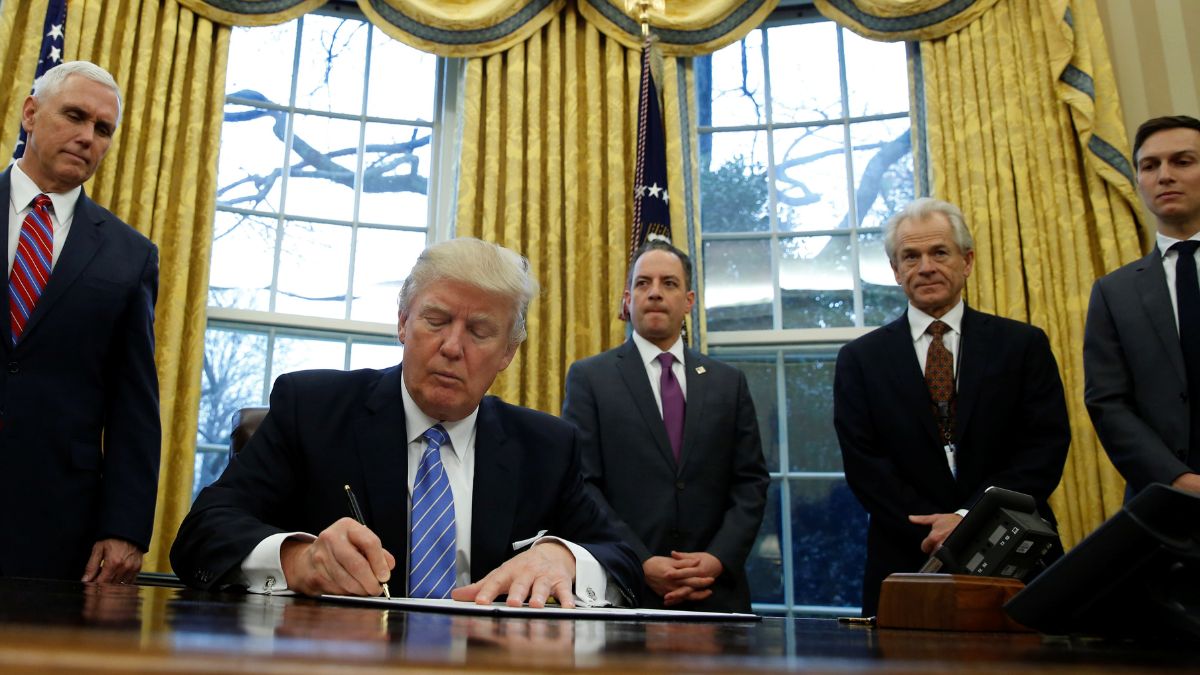)
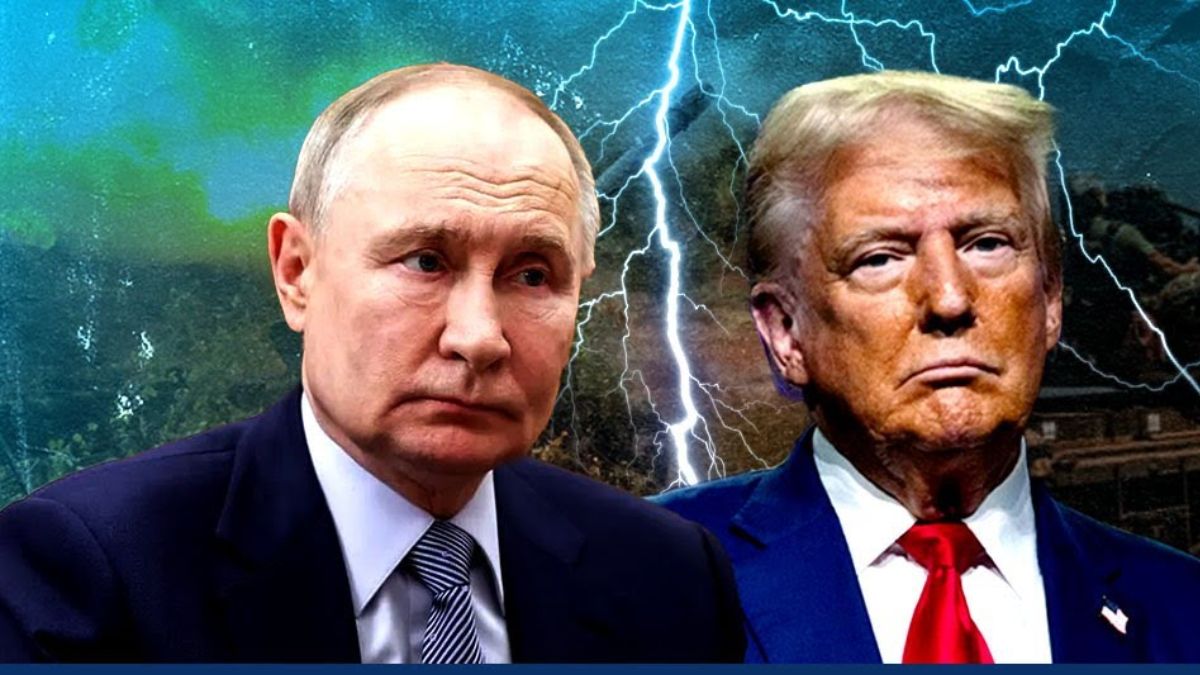)
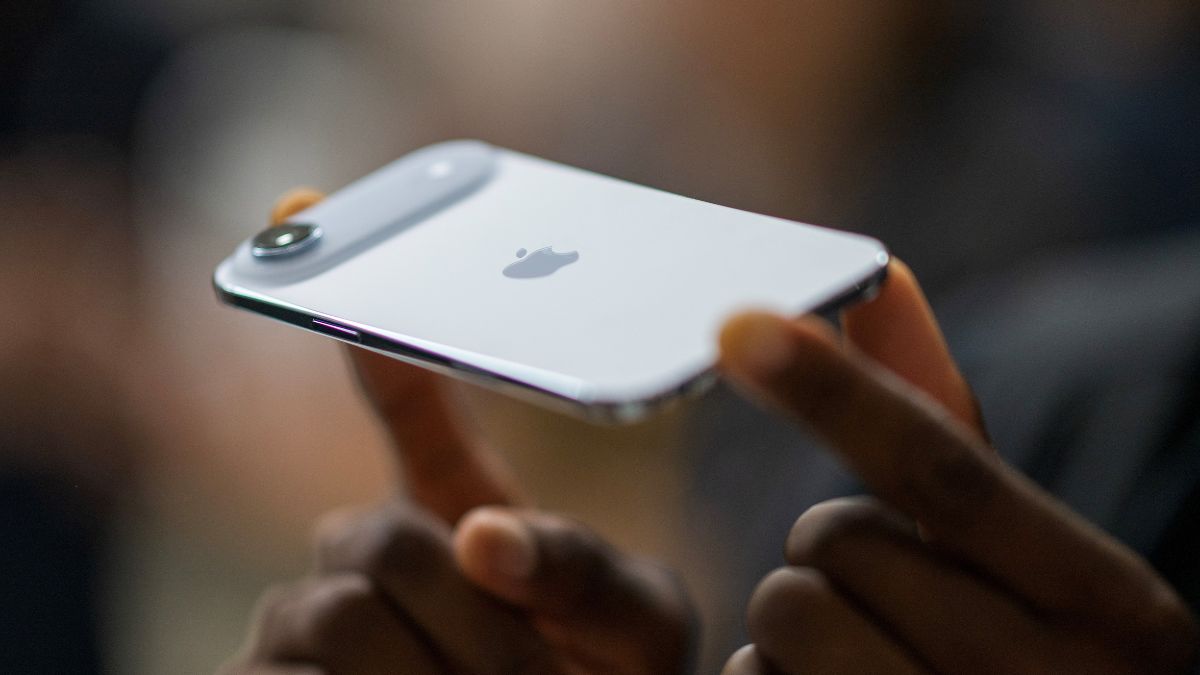)
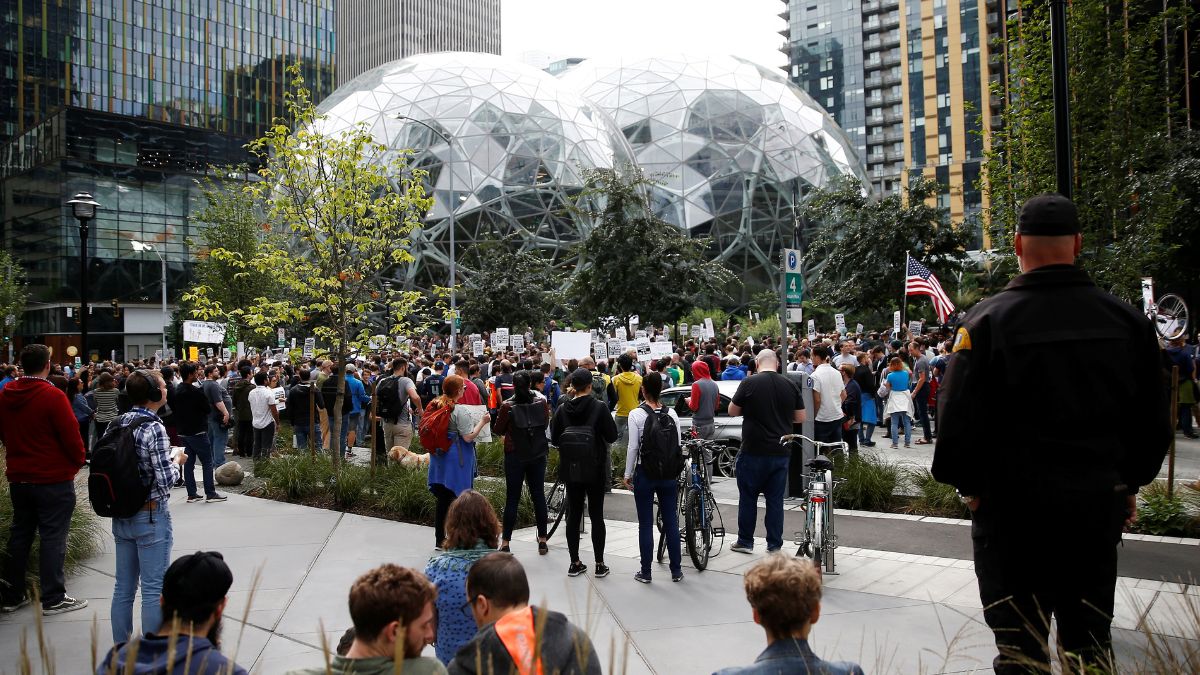)
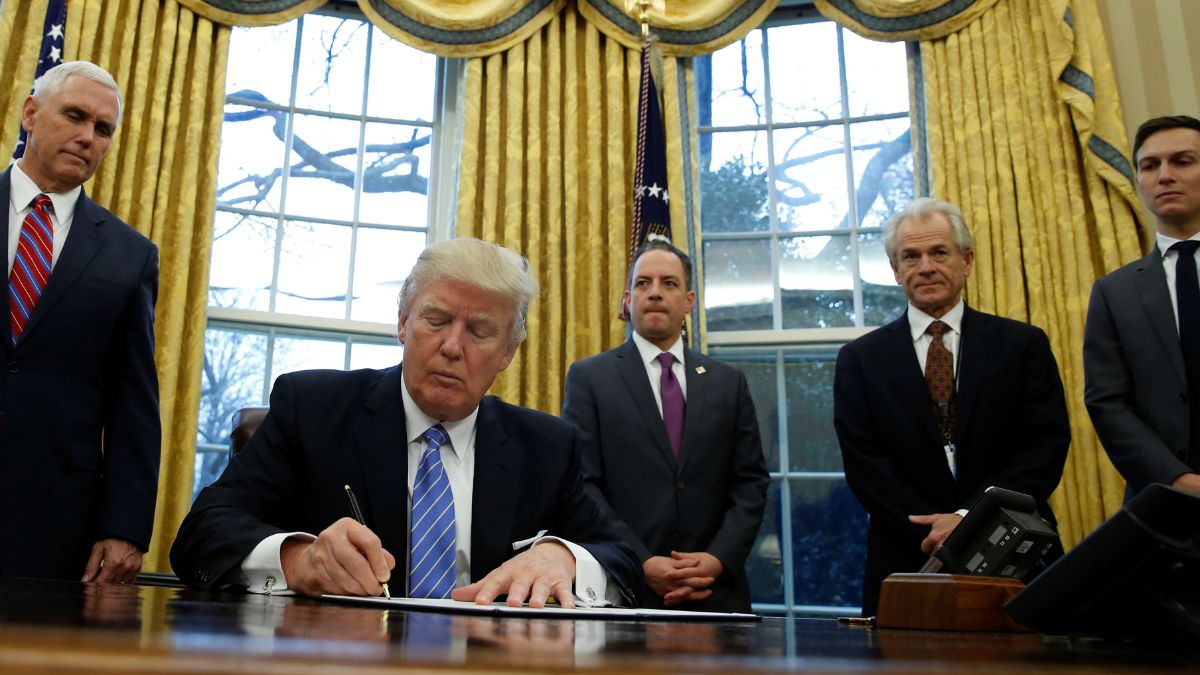)
)
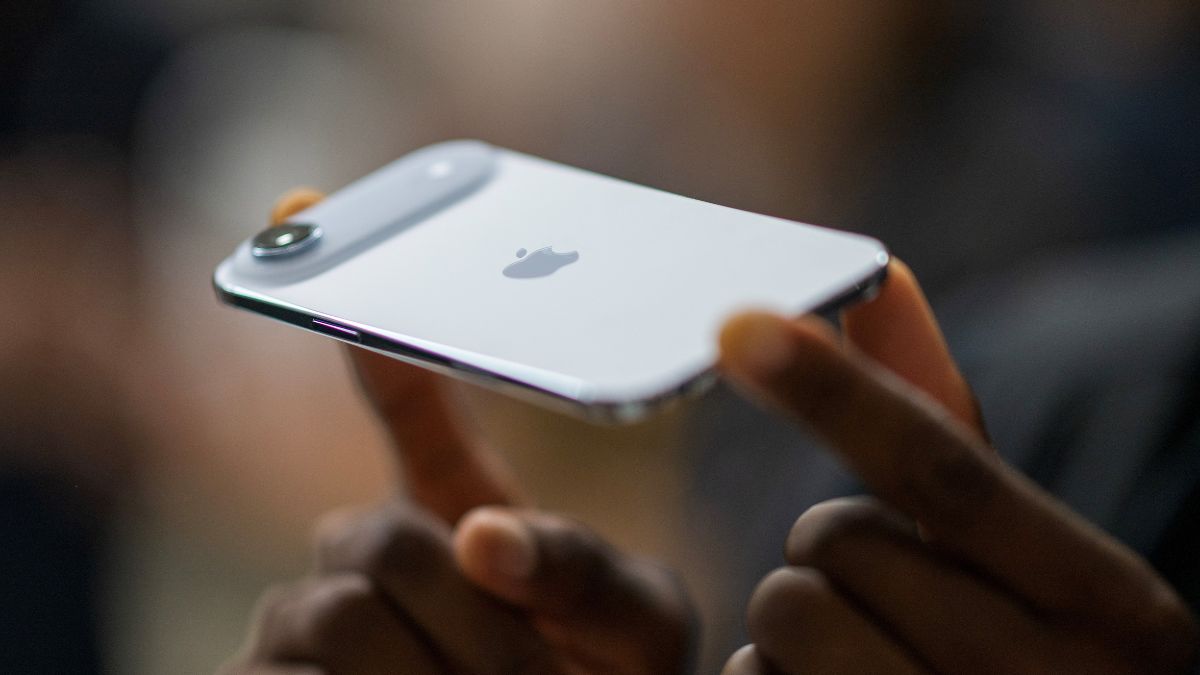)



